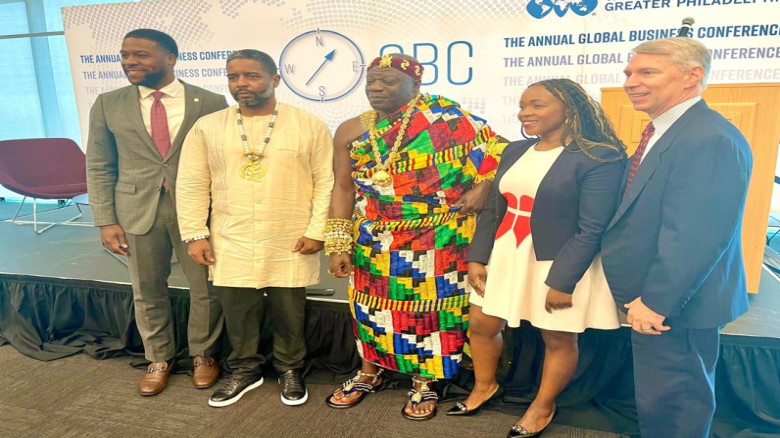IMF asks govt to remove tax exemptions on MPs, military incomes
The International Monetary Fund (IMF) has asked government to consider repealing tax exemptions on parliamentary and military incomes because they “undermine taxpayer morale”.
The proposal, the IMF says, is part of the near-term revenue reform priorities, in which the “authorities [government] intend to be more forceful in implementation of the domestic revenue mobilisation strategy to achieve a target of 0.5 percent of gross domestic product annually”, given that the country is now experiencing a strong economic recovery.
The Income Tax (Amendment) Act, 2016 introduced amendments that exempted Members of Parliament (MPs) from paying taxes on their allowances, which form the largest share of their monthly.
However, in details contained in Uganda fifth review under the Extended Credit Facility Arrangement, IMF said exemptions such as the ones on parliamentary and military personal incomes undermine taxpayer morale, urging government to repeal them, among others.
IMF proposes that all earnings of MPs and military personnel should be grossed and taxed as monthly incomes.
“PIT [personal income tax] reform priorities include repealing exemptions of parliamentary and military incomes (with a corresponding gross-up), which undermines taxpayer morale,” the review reads in part.
It further notes that government should also consider taxing non-business capital gains, which would be highly progressive.
Capital gains, which arise from the disposal of non-depreciable business assets and the sale of shares, are taxed together with the business income at 30 percent.
It was not immediately clear whether IMF now wants capital gains to be taxed separately.
However, the IMF warned that the overall net impact of the above reforms could be small, especially if taxpayers were to be compensated through higher salaries.
Government did not respond to the proposal in the review, which suggests that the removal of the exemptions should be part of the 2024/25 financial year budget discussions to shore up domestic revenue mobilisation.
On Monday Finance Minister Matia Kasaija, told Monitor that government was studying the proposal. He, however, declined to discuss more details.
In its review, the IMF noted that during the financial year ended June 2023, government had forgone an estimated 1 percent (Shs580b) of gross domestic tax worth of revenue due to tax expenditures and exemptions, noting that there was need to conduct a comprehensive cost-benefit analysis to determine their impact and strengthen controls to limit leakages.
Other reforms, the IMF says, should focus on corporate income tax by discontinuing tax holidays that are cost-ineffective and repealing tax exemption on incomes of savings and credit cooperative societies.
Government exempted Saccos from paying taxes on their incomes in 2017 for at least 10 years.
There have been questions against some tax exemptions, especially on the incomes of MPs, some of the highest paid Ugandans.
However, on Monday Mr Chris Obore, the director of communications at Parliament, told Monitor that the only exempted income of MPs is on fuel (mileage), noting that the rest of their incomes are taxed.
MPs are entitled to a one-off payment for a car allowance of about Shs200m, as determined by the Parliamentary Commission every five-year term, a net salary of Shs6.1m, a housing allowance of Shs6.5m, a constituency support fee of Shs17.03m, a town running fee of Shs1.9m, and a fuel allowance ranging between Shs10.3m and Shs31m per month.
The IMF argues that the above incomes should be grossed up and taxed as a single unit.
Army spokesperson Felix Kulayigye declined to comment on the matter.
IMF says tax exemptions on the incomes of some groups such as military personnel “undermine taxpayer morale”. Photo / File
Populist proposal
Analysts spoken to for this article noted the proposed removal was a populist idea and would have little impact on the overall tax collection basket.
Dr Fred Muhumuza, an economist and a Makerere University lecturer, said yesterday that as it had been stated by the IMF, the removal of the exemptions would not add much to the revenue basket apart from reducing tension between those who pay taxes and a group of some Ugandans who are wholly or partly exempted.
Mr Yusuf Serunkuma, a researcher and scholar, said the proposal was simply populist, noting that its impact has very little in real terms.
“IMF is always scratching the surface … our growth problems – if IMF wishes us well – have nothing to do with taxes, but rather production. IMF never focuses on actual production: Lack of access to credit, interest rates averaging at 34 percent [are] killing businesses, and poor public infrastructure, which, together, badly affect small and big businesses, and thus fewer businesses thrive to provide incomes to tax,” he said.
It was not immediately clear whether government would implement the proposal in the near term and how much the removal of the exemptions would earn government.
dnakaweesi@ug.nationmedia.com











Leave A Comment